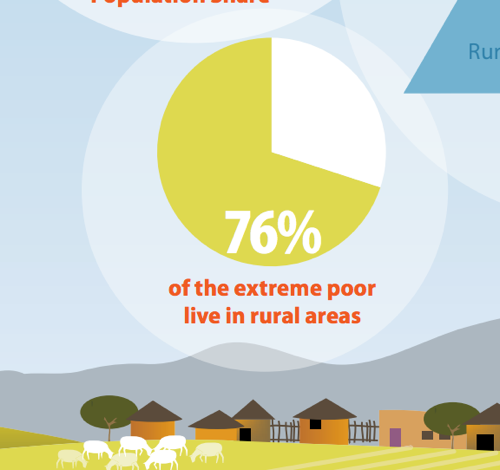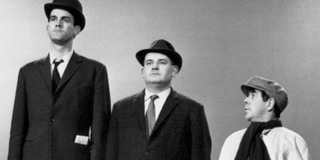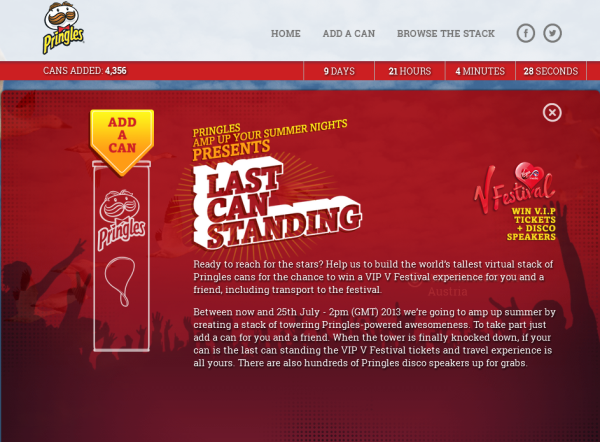Experiential marketing has claimed its rightful place at the top table. This should be celebrated says Nick Adams, M.D of Experiential Marketing Agency of the Year, Sense London.
Just by looking at how certain industry awards are dominated by experiential campaigns, it’s clear to see how marketers from all sectors have embraced the once, relatively new, technique.
Whether as a marketing agency's lead discipline in an integrated plan, or vital supporting component, experiential can being applied at every key stage of a brand’s development.
Many positive characteristics have fuelled this growth, but two aspects are especially relevant in today’s trading conditions:
- The convergence of experiential with digital techniques is providing another means of ongoing consumer dialogue and further amplifying a live experience. This has in part, helped draw a line through the scepticism that experiential can’t reach the masses.
- The capability to be reactive, that is to say, getting impactful activities out to market in the shortest of lead times which in today’s trading environment has become increasingly important.
And let’s not forget the creativity and power of a live interaction. A F2F engagement between brand and consumer remains one of the most successful ways to effect long term brand perception and behaviour.
So all in all experiential marketing is in rude health and long may that continue.
But how? Will the steady growth in investment continue and how can we defend our position in a landscape which sees marketing agencies and marketers constantly bombarded with new and different consumer touch-points?
Education remains an ongoing priority and there’s still a real need to get brand owners to reappraise experiential’s role. All too often I hear about clients ignoring the most robust and impressive campaign results, in favour of a comfort factor provided by a more traditional, but less effective channel.
But a much broader challenge is how all experiential practitioners package our discipline in terms of what it can deliver, in an accessible way to brands and media planners alike, if it’s they who are recommending which channels will fulfil a client’s objectives.
Keeping it fresh
Let’s never lose the creativity and excitement of such a high energy and impactful discipline, but at the same time we must ensure we never trade on this alone and put tangible results at the forefront of how experiential is planned by marketing agencies and sold to clients.
Much like a catchy jingle doesn’t secure budget for a radio Ad, brand owners decision’s mustn’t be clouded by a desire to see their brand on the proverbial ‘live stage’, however bold, engaging and tempting the marketing agency’s presentation. I frequently meet or hear about brands excited about trying a new experiential strategy without fully understanding the commercial reasons for their decision. Tempting as it may be for agencies to spend the budget, long term growth of our sector has to come from agencies behaving with commercial responsibility and pragmatism in advising their clients.
Where next?
Take a look at digital marketing’s exponential rise and some parallels can be drawn. It’s frequently debated as to whether brand owners are investing in social for the right reasons, based on clear objectives and measured KPI’s or a simple desire to marginally increase their Facebook likes.
My own belief is that some social media investment is a result of the band wagon analogy but as the plethora of digital opportunities evolve, those succeeding long-term will be able to provide clear connections between consumer engagement online and hard, measurable commercial gains - offline.
Experiential marketing has to leverage its maturity and become more strategic in applying our trade, offering clients greater understanding of what a campaign will achieve and if and how this fits with brand challenges and objectives.
So from the experiential marketing agency perspective, there’s never been a more important time to scrutinise a brief and provide a quantifiable solution - that campaign X will drive Y incremental sales, increase key brand health scores by Y%, gain trial amongst X genuine new users, or whatever the hierarchy of objectives.

















